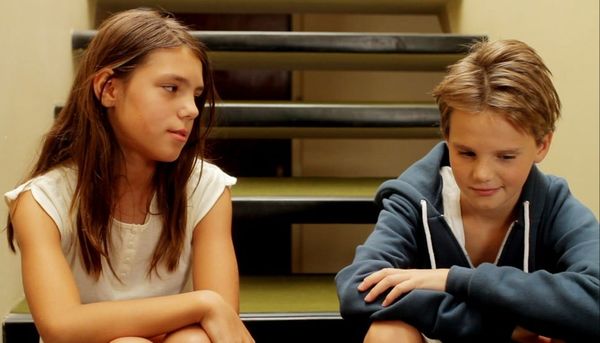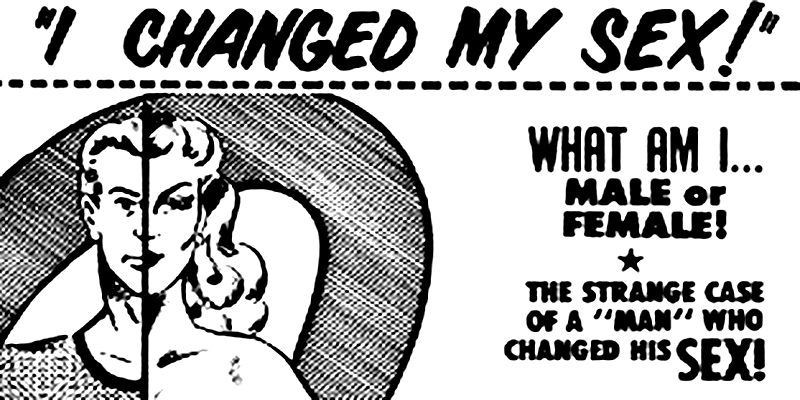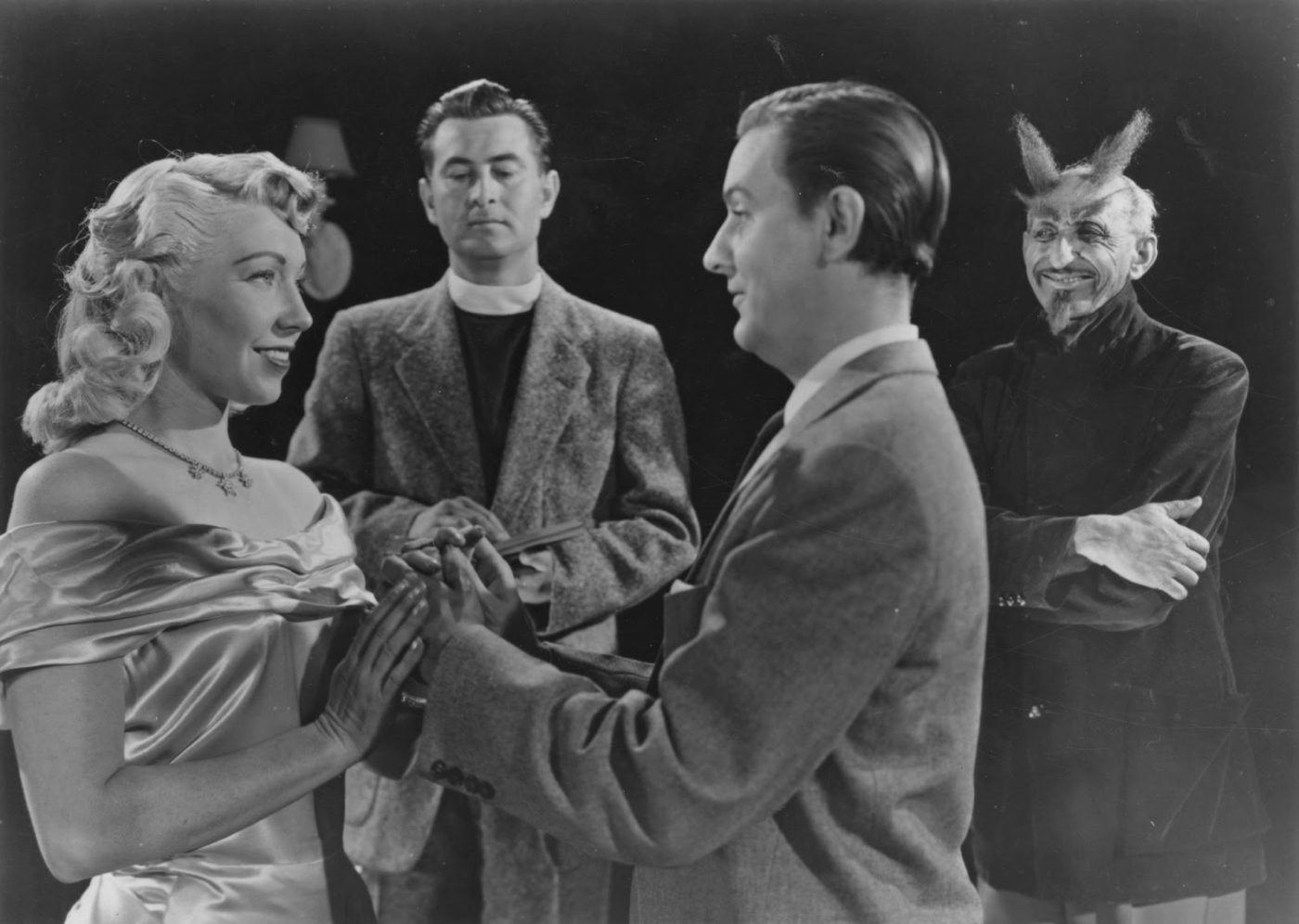Trailer:
I wasn't aware of the cultural importance of a film like this at the time. In 2011 most of the country was vehemently opposed to gay rights let alone transgender concerns, so when I was first introduced to this film, its implications on the trans and non-binary communities was hardly entertained in my reaction to it. It was merely the underlying plot of a young girl who seems more "boy-like" attempts to pretend to be a boy so she can fit in with her friends, and then has to deal with the consequences of the lie. It wasn't until almost a full decade later that I actually watched the film and was totally blown away by how forward thinking it was. With the value of looking to older films with a perspective of the sociopolitical climate of the present, I realized that the consequences of the Laure's identification with boyhood wasn't a statement a masquerade towards her friends, but on the society that refuses to acknowledge who she identifies who she is. I also think that the film does a masterful job in not completely clarifying the exact identification, because Laure herself may have not have figured it out yet. So with that, and in the spirit of the film, I will refer to Laure/ Mikael with they/them pronouns.

One of my favorite aspects of this film is how beautiful the relationship is between Laure/ Mikael and their little sister, Jeanne. Jeanne represents an innocence that looks past Laure/ Mikael's unorthodox identification and out of pure love and acceptance, takes their identification with grace. She tells her friends about how amazing her big brother is and tells their parents how her favorite friend is Mikael. The parents are of course unaware of Laure's identification and when they find out, they act in a way that you expect most adults from ten years ago to act. Children have a way of letting love and innocence override cultural tradition and conformity. We always have much to learn from the youngest members of society.

With regards to gender theory, I would say that this, in principal passes the Bechdel test. The only thing that gives me pause is the fact that Laure/ Mikael may or may not be female in identification because the film leans in different directions as the identity is sought after. Perhaps that shows a need for a slight definition change to include both women and transgender/ non binary people of whoever they identify. A cisgendered boy and a transgender boy, while both being male, obviously have different experiences and different sets of privilege that needs to be taken into account. The star of the film is white but is also quite young, which was another bold move to be made on account of filmmaker Celine Sciamma. More conservative members of society express a feeling of discomfort when children are exposed to sexuality outside of the binary, but seem to be perfectly content with films about childhood sexuality when it centers around an orthodox cisgendered and heterosexual universe. The boldness of Sciamma's choices as writer and director for this film in particular cannot be understated, especially for a film that came out in 2011. This is why this film is so important. It is not just a movie about homosexuality, but about transgender identity as well. It is not just about feminism centering around cisgendered girls, but transgender boys. It is not a film about adults and their sexual exploration, it is about children and their coming of age. For that reason, it is a landmark in film history and must not be overlooked. Thankfully Sciamma's latest directorial effort, Portrait of a Lady on Fire, is bringing more attention onto her filmography so this film is gaining a new found respect and adoration which is great to see.

(Side notes)

I could end the blog here but this topic of non binary representation in film and in history has been on my mind recently. Another great pioneer of this topic that I could have easily written the whole post on, was a 1953 Ed Wood flop called Glen or Glenda.

I saw this film for the first time many years ago when I started getting into movies more seriously. It was the subject of ridicule when it came out, but it really is a weird gem from history.

It was directed by the original Tommy Wiseau, Ed Wood, who has long been considered the "worst director" of all time. While I think that designation is really unfortunate and untrue, Wood definitely had some missteps in his career. He rushed his films and never attempted to tweak anything so his films always have a sloppy and half-assed quality to them. He is also known for the beautiful 50s romp Plan 9 From Outer Space and the 1965 pornographic horror film Orgy of the Dead.

Another crazy aspect of Glen or Glenda is that it was one of Bela Lugosi's last speaking roles and the film itself was about Christine Jorgensen, the first transgender woman to receive sex reassignment surgery. It is an odd art film with a nonsensical plot, but Wood should be lauded as making a brave move at the time. I feel he is unjustly forgotten in this conversation, even if the film itself is poorly made.
No comments:
Post a Comment